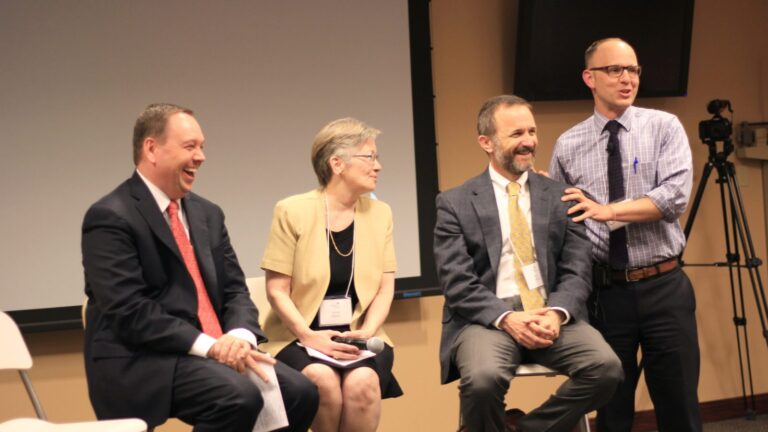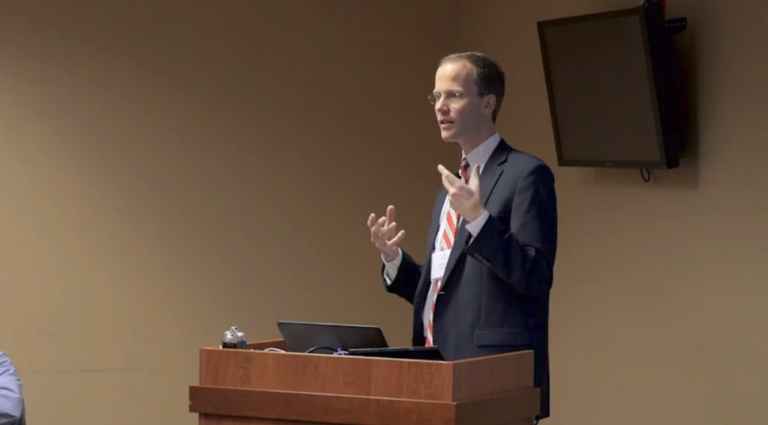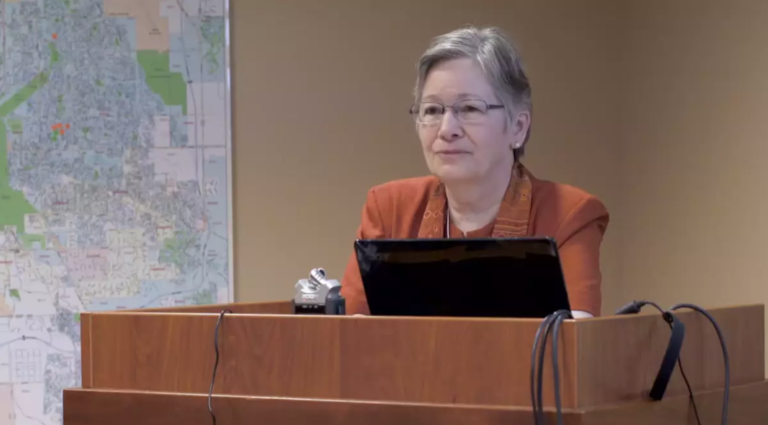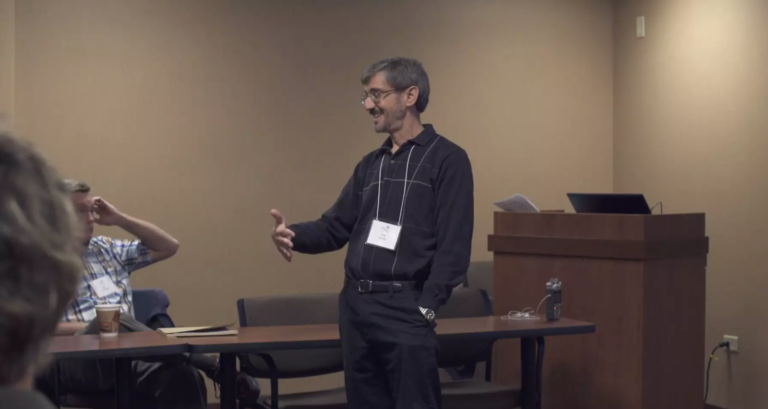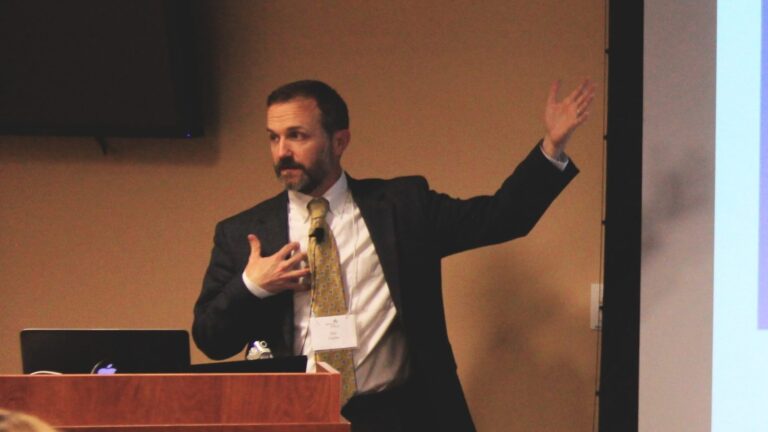Held on April 6-7, 2016.At a time when healthcare has grown to a $3.8 trillion per year industry, in many ways medicine is broken. Racial discrimination plagues many healthcare systems; healthcare reform has emphasized access and paying for healthcare, but has done little to improve the experiences of physicians and patients; many doctors, nurses, and administrators find their spiritual and moral lives are separated from their daily practice.April 6-7 heathlcare practitioners from across Colorado joined us for “Reimagining Medicine,” a conference addressing major issues in healthcare today from the perspective of Christian faith. The conference highlights some of the nation’s most respected voices on medicine, theology and culture.The gathering included plenary lectures, breakout sessions and panel discussion on topics ranging from nursing to healthcare reform to the connection between faith & medicine.
Contributors
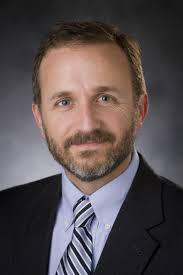
Farr Curlin
Professor of Medicine & Professor of Medical Humanities
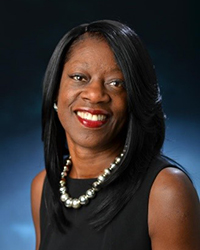
Dayna Matthew
Professor of Law
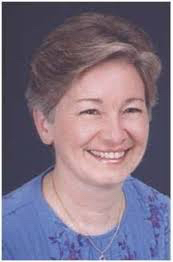
Alyson Breisch
President
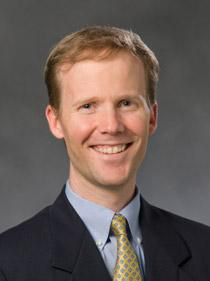
Warren Kinghorn
Asst. Professor of Psychiatry and Pastoral and Moral Theology
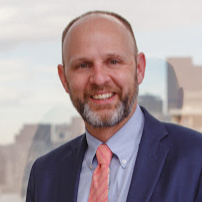
Abraham Nussbaum
Chief Educational Officer
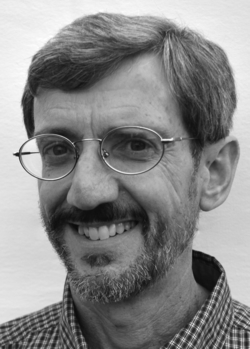
Bob Cutillo
Physician
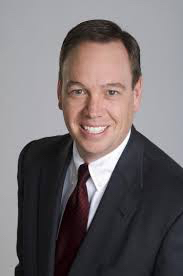
Morre Dean
President & CEO
Breakout Sessions
Just Medicine: A Cure for Racial Inequality in American Health Care
Over 84,000 black and brown lives are needlessly lost each year due to health disparities, the unfair, unjust, and avoidable differences between the quality and quantity of health care provided to Americans who are members of racial and ethnic minorities and care provided to whites. Health disparities have remained stubbornly entrenched in the American health care system. In this presentation, Dayna Matthew will explain how these disparities principally arise from unconscious racial and ethnic biases held by physicians, institutional providers, and their patients.
Implicit bias is the single most important determinant of health and health care disparities. Because we have missed this fact, the money we spend on training providers to become culturally competent, expanding wellness education programs and community health centers, and even expanding access to health insurance will have only a modest effect on reducing health disparities. Matthew argued for strong, evidence-based legal remedies that accurately address implicit and unintentional forms of discrimination, to replace the weak, tepid, and largely irrelevant legal remedies currently available.
Led by Dayna Matthew
Pursuing Health in an Anxious Age
Though we live in a world with greater health and more health care than ever before, the more health we have, the more anxious we are that we will lose it. Modern medicine, fueled by our fears, makes promises it cannot keep because it is based on a view of health that is not true. What if health is not a possession to control but a gift to nurture? How then would we pursue health differently and use health care more wisely?
Led by Bob Cutillo
The Path to Making Nursing a Ministry
The professional nurse balances the science of nursing (evidence-based knowledge and skills) and the art of nursing, (caring and compassion). The American Nurses Association (ANA) Nursing Scope and Standards of Practice notes that “the art of nursing is based on caring and respect for human dignity. There is a strong association between spirituality and coping with illness. (Rowe & Allen 2004). Nurses develop intimate helping relationships with individuals and families and provide care to persons across diverse health and illness settings. Consequently, it is essential for nurses to develop processes for performing spiritual assessment, development of spiritual nursing diagnoses and nursing interventions, and measurement of outcomes.
Healthcare systems are using Patient Satisfaction scores as a way of quantifying patients’ hospitalization experiences. Research findings note that patients whose spiritual needs are not being met are reporting lower ratings of quality and satisfaction with their care. Nurses may recognize that religion and spirituality are important ways of coping with illness yet have reasons that preclude them from discussing spiritual matters with patients. Some of the common barriers to providing care for the whole person include fear of “crossing professional boundaries”, and feeling unprepared to assess for and provide spiritual care.
In this session, Alyson Breisch explored how nursing becomes a ministry of presence when nurses are able to intentionally focus on holistic, person-centered care that promotes dignity, spiritual well-being, instillation of hope, and supportive care.
Led by Alyson Breisch
